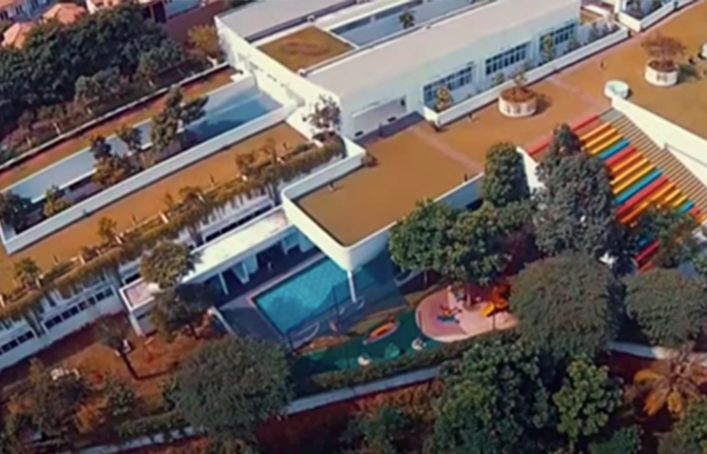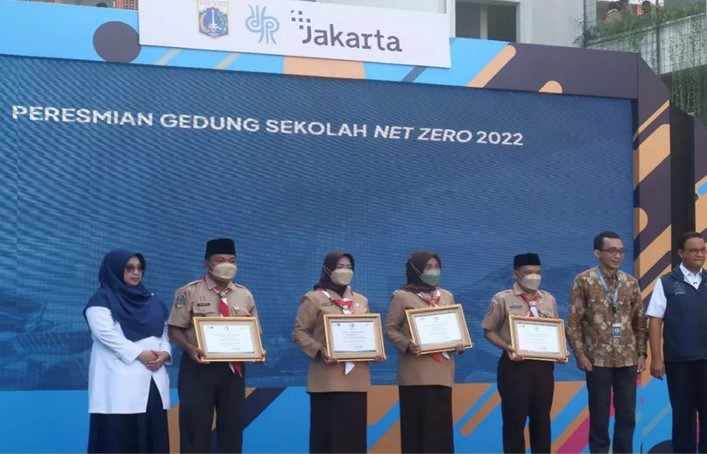Since the UN Brundtland Commission's report, global efforts to address sustainability challenges have been insufficient. Our consumption far outpaces the Earth's ability to regenerate resources. Excessive energy use, resulting in massive greenhouse gas emissions, drives global warming and climate change. Current projections indicate that without significant intervention, Earth's temperature will rise 2 degrees Celsius above pre-industrial levels by 2050.
The NET ZERO Roadmap is a global pathway to keep the Earth 1.5 or lower degrees Celsius above the pre-industrial level to achieve the goals of the Paris Agreement. The vision is to reduce the GHG emissions and take back all that has been produced. It requires innovative solutions and business models in every sector of the industry.
Discover Advancing Net Zero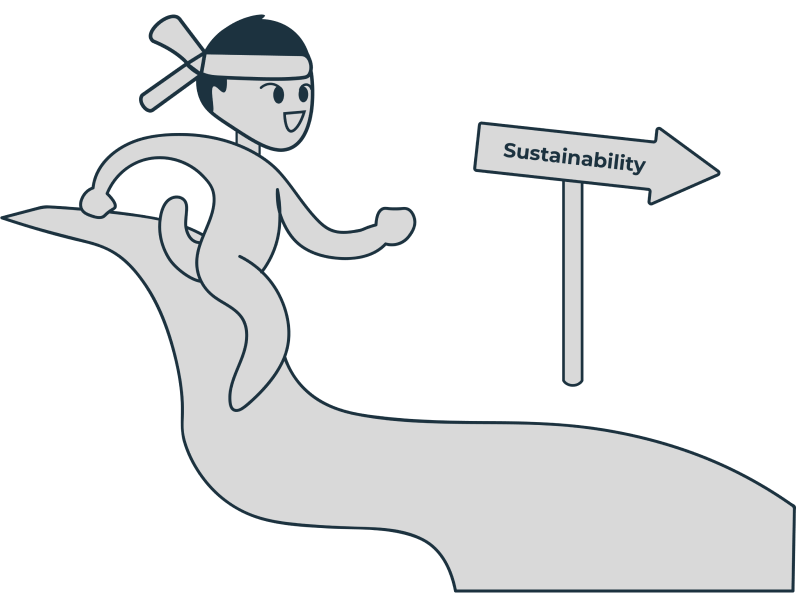
The green building sector's embrace of the Net Zero framework combines eco-friendly building methods, enhanced energy efficiency, and the use of renewable energy, underpinned by creative financial models such as green finance, carbon trading, and incentives for energy efficiency. This approach enables a significant reduction in carbon emissions, making sustainable projects financially attractive through various incentives and subsidies. This comprehensive strategy is key to driving the building industry towards achieving worldwide net zero emissions goals, showcasing a dedication to sustainable development and efficiency.
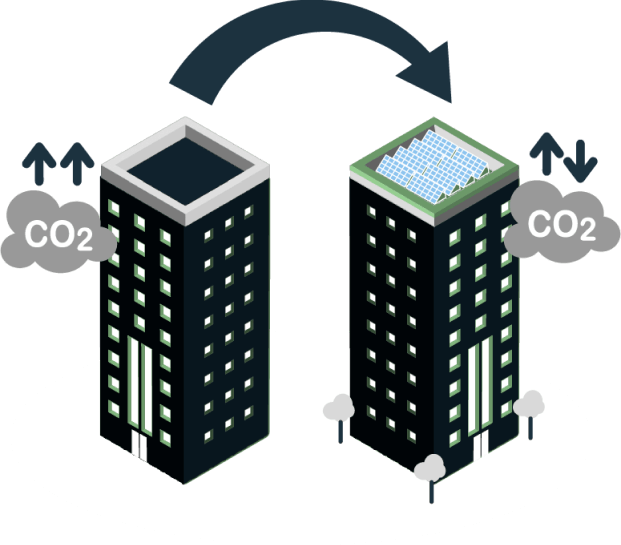
Upgrading existing buildings with modern technologies and materials to improve their energy efficiency and reduce emissions is crucial, given the long lifespan of buildings and the vast existing infrastructure. Retrofitting can include sealing leaks, updating insulation, and installing energy-efficient windows and heating systems.
Implementing circular economy principles by designing for disassembly, reusing materials, and recycling waste within the building lifecycle minimizes waste and encourages the use of renewable resources. This approach extends beyond the construction phase to include the maintenance, renovation, and eventual decommissioning of buildings.
Discover Indonesia’s Net Zero Framework
Indonesia’s GFA is expected to grow to 7 billion Square Meters by 2050. That will be 700 million
tons of CO2 emission/year, or 300 million tons more than today or equivalent to around 12
billion more trees. This opportunity is not just an environmental solution but a gateway to
economic growth and social equity.
As leaders in Sustainability, we can make groundbreaking movements in
the industry to always move forward towards a greener future.
Together with us, GBCI, through GREENSHIP Net Zero, we believe that we can help transform Indonesia into a country of Sustainability and inherit a better future for our generations to come.
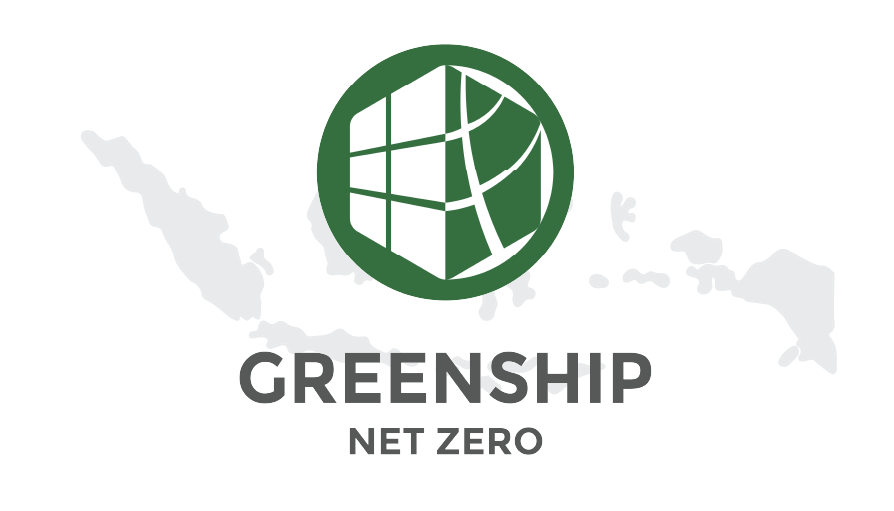
Our framework to guide the transition towards Net Zero buildings, emphasizing the integration of sustainable design principles, energy efficiency, and renewable
FIND OUT MOREThe adoption of a GREENSHIP Net Zero in Indonesia presents a multitude of opportunities and benefits that are pivotal for the country's carbon offset goals in the coming future.
FIND OUT MOREGREENSHIP Net Zero certification process with a comprehensive workflow designed to guide projects from initial design through to operation, focusing on achieving specific targets for energy efficiency.
FIND OUT MORE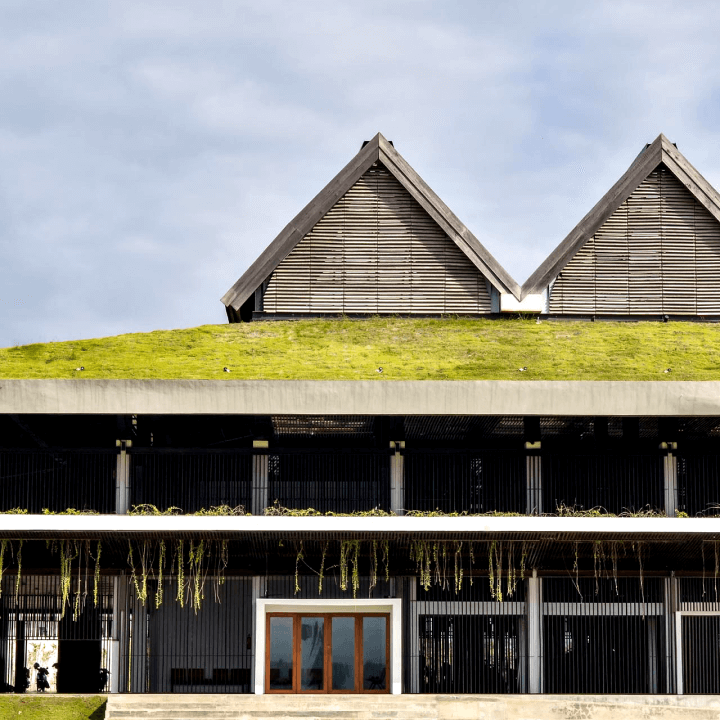
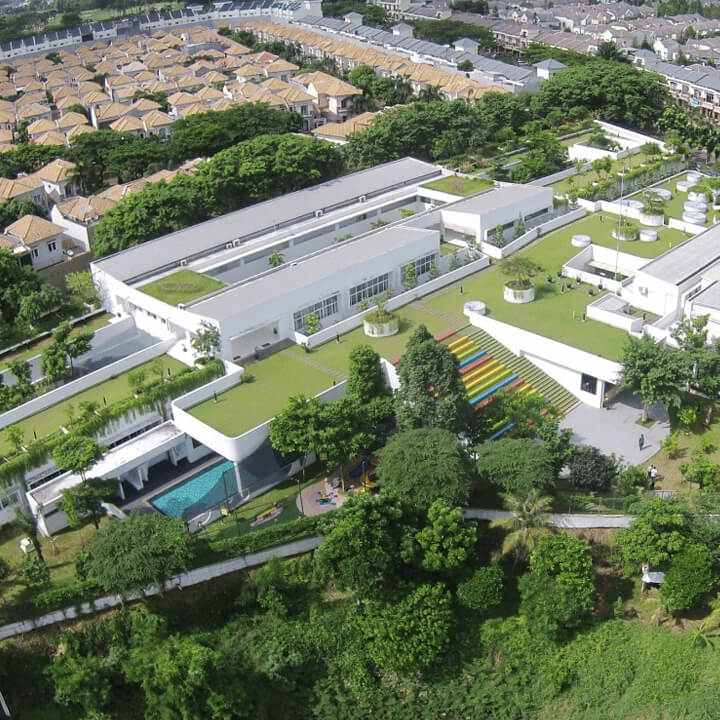
Indonesia’s GFA is expected to grow to 7 billion Square Meters by 2050. That will be 700 million tons of CO2 emission/year, or 300 million tons more than today or equivalent to around 12 billion more trees.

